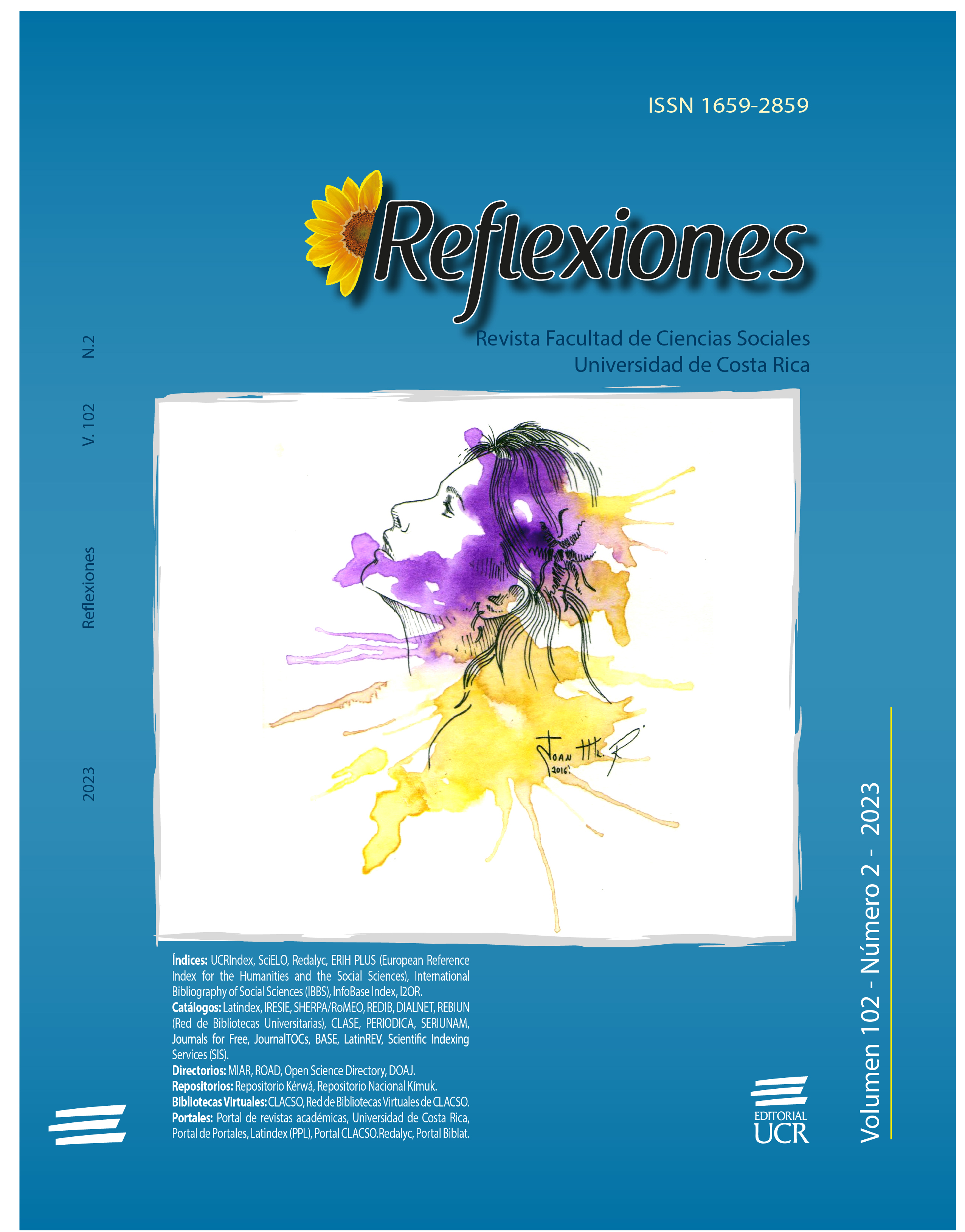Abstract
Introduction: Access to documentary sources constitutes one of the fundamental pillars for the advancement of research projects and the development of science, which enables analysis regarding their use, preservation and socialization.
Objective: In this article we propose to reflect on the incorporation of documentary sources in social science research, taking as an analysis case the reconstruction of the building structure and the spatial distribution of a workers' village demolished in the early 1980s in a Buenos Aires province city from Argentina.
Method: In this way, the inquiry is qualitative and multidisciplinary in nature, starting from a reflective crossing from History, Anthropology and Communication Studies.
Results: We understand that the approach to the history of cement companies in the province of Buenos Aires presents obstacles with regard to access to documentary archives, for this reason we allow ourselves to evaluate how personal and informal links in an average city, access policies open space and the use of digital media guarantee access to a variety of information.
Conclusion: We analyze the analytical value of documentary sources (journalistic, judicial, photographic, business archives, administrative writings), concluding that in Social Sciences access to them -and their complement- is essential for the development of investigation processes and understanding of local history.
##plugins.facebook.comentarios##

This work is licensed under a Creative Commons Attribution-NonCommercial-ShareAlike 4.0 International License.
Copyright (c) 2023 María Eugenia Iturralde, Agustina Girado, Griselda Lemiez


